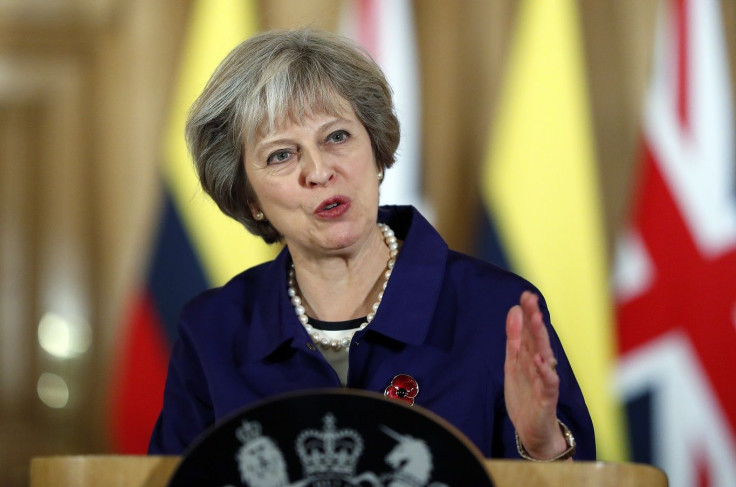Commons authorises Theresa May to officially begin Brexit process

The parliament's lower chamber has decided to give United Kingdom Prime Minister Theresa May the power to set off Britain's exit from the European Union. Members of Parliament have voted 494 to 122 in favour of a bill that authorises May to formally start the Brexit process.
Brexit minister David Davis described the event as a “historic vote tonight.” “We've seen a historic vote tonight -- a big majority for getting on with negotiating our exit from the EU and a strong, new partnership with its member states,” he said.
Davis shared that it has been a serious and healthy debate. He said now it is time for everyone to unite. The bill is expected to go through another smooth passage in the unelected House of Lords on Feb. 20. May’s administration hopes to have the legislative process completed by the first week of March.
The consent from the Parliament's lower chamber marks a pivotal step towards starting a two-year negotiation with the European Union on several issues that include trade, immigration and security. Members of Commons have come up with its decision after its readings and a seven-hour debate on amendments.
Jeremy Corbyn, the leader of the Labour Party Jeremy Corbyn, has earlier shared his party’s official stance on the issue of Brexit. Last year, he publicly announced that the Labour Party is backing the Britain to remain in Europe campaign.
He believes that a better world would not be possible without an engagement with the world, building allies and delivering change. “The European Union, many warts and all, has proved itself to be a crucial international framework to do that,” he said.
A study recently released study by economics professor John Van Reenen (via CNBC) shows that incomes could be cut by up to 9.5 percent once the country officially leaves the European Union."Under all plausible scenarios, Brexit will mean Britain is poorer outside than inside the European Union," he said.
The legislation will now be put before the House of Lords for a final decision following the sanction from the House of Commons. The House of Lords is now left with two options.
The Lords could either support or pass it on for royal assent so it will become a law or make amendments and send the bill back to the House of Commons. If the Lords opt for the latter, it would mean more debates and votes at the Commons.





















